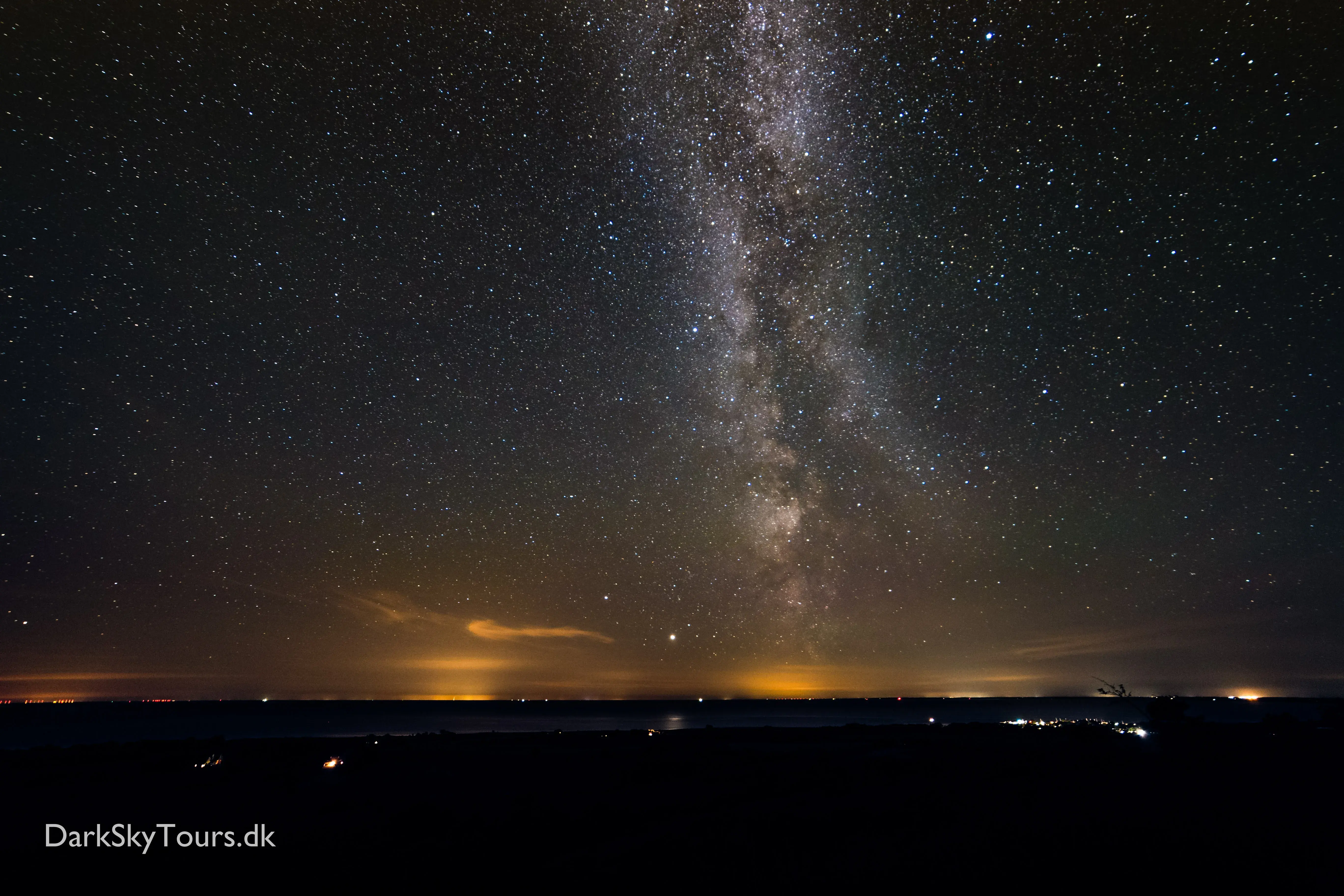Reducing light pollution has numerous benefits, including:
- Improved visibility of the night sky: When light pollution is reduced, it becomes easier to see stars, planets, and other celestial objects in the night sky. This not only enhances our aesthetic appreciation of the night sky but also makes it easier for astronomers and other scientists to study the universe.
- Better sleep: Exposure to artificial light at night can disrupt our circadian rhythms, which can affect our sleep quality and overall health. Reducing light pollution can help improve our sleep patterns and promote better health.
- Energy conservation: Unnecessary lighting consumes energy, and reducing light pollution can help conserve energy and reduce greenhouse gas emissions.
- Wildlife protection: Many animals, including birds, sea turtles, and insects, are negatively impacted by light pollution. Reducing light pollution can help protect wildlife and their habitats.
- Cost savings: Reducing light pollution can result in cost savings for cities, businesses, and individuals by reducing energy costs and maintenance expenses associated with unnecessary lighting.
Category

